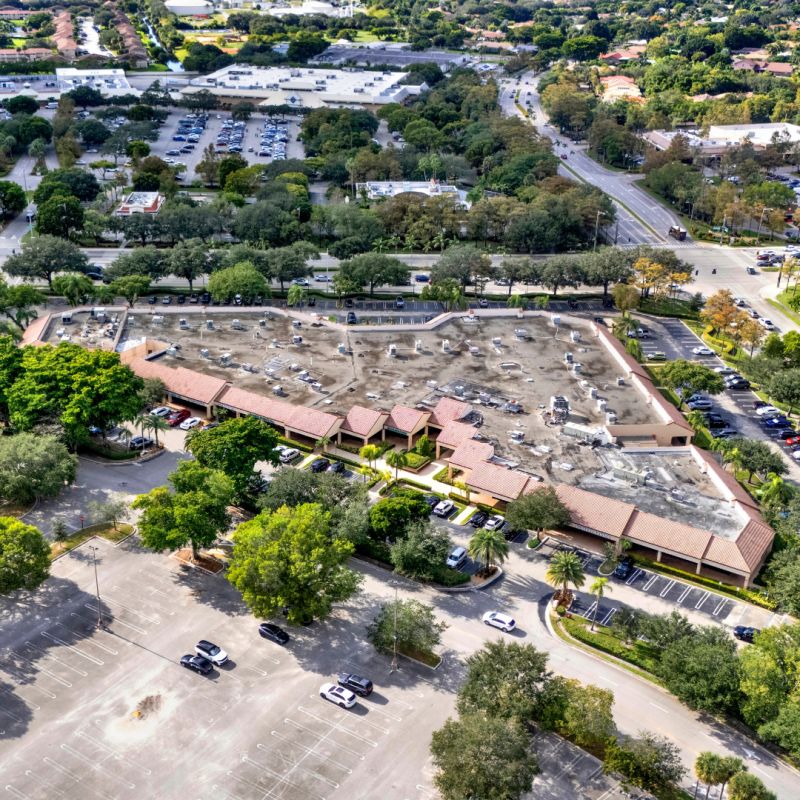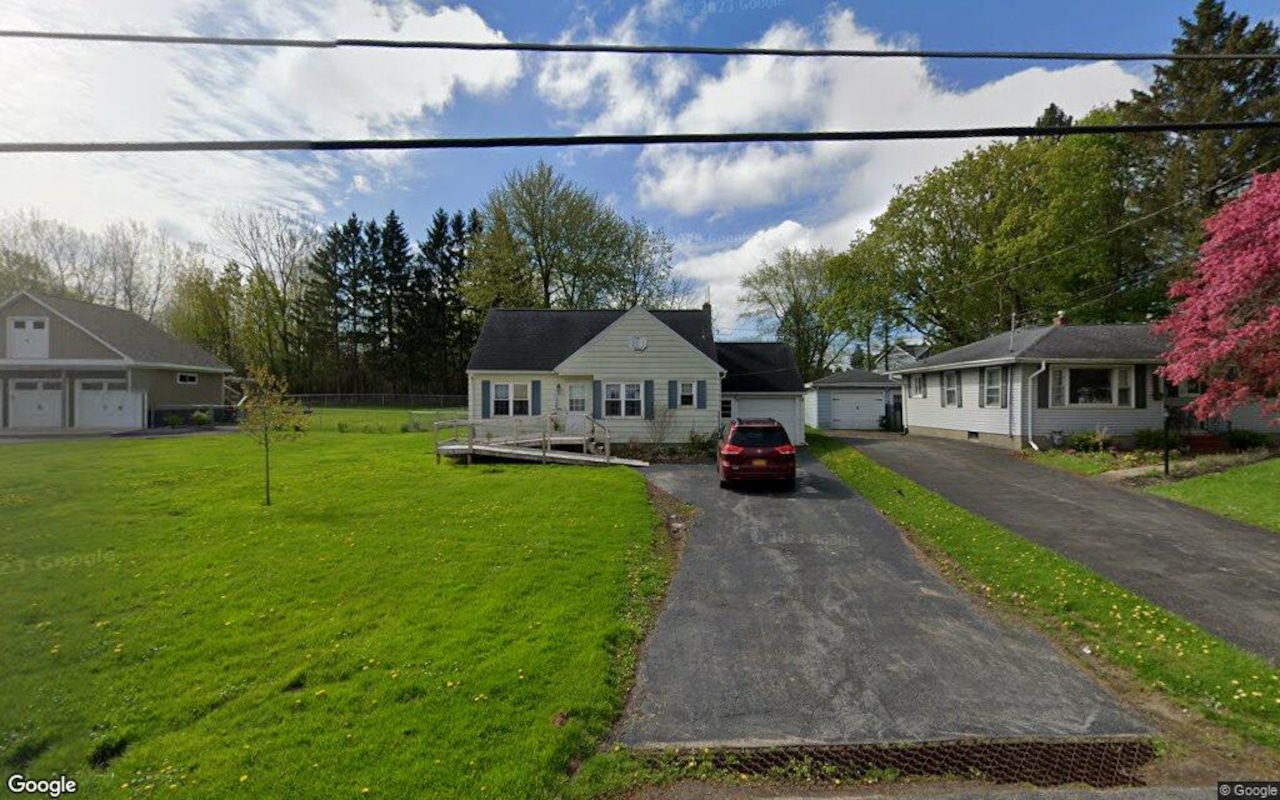E
ditor’s note: This column reviews the rise of national brokerage platforms, a topic that will be expanded in T3 Sixty’s 2026 Swanepoel Trends Report, now available for purchase. Real Estate News is an independent division of T3 Sixty.
LPT Realty, founded in 2022 by Robert Palmer, has surged to become the 16th‑largest U.S. brokerage by sales volume and the 10th by sides, per the 2025 Real Estate Almanac. The cloud‑based firm operates nationwide, with a growing international footprint, and its parent, LPT Holdings, is preparing an IPO.
Palmer, who built the mortgage firm RP Funding in 2008, applied the same marketing and tech strategies to real estate, creating a hybrid model that blends fee‑based and capped structures. This approach harnessed scale, technology, and a national platform to attract agents quickly.
In 2024, LPT’s 15,000 agents generated $13.9 billion in sales and 36,000 sides—an 194.9% jump from 2023, the largest increase among the top 100 brokerages and nearly double the next fastest, The Real Brokerage. The growth outpaced the overall market by 50×, according to NAR data.
The firm’s national platform eliminates physical offices, relies on a centralized tech stack, and keeps staff lean. Agents receive a mix of revenue sharing, equity, and flexible compensation. LPT offers two plans: a fee‑based model with a $500 annual fee and $195 per transaction, capped at $5,000, and a capped model granting an 80% split up to $15,000 annually, plus multi‑level revenue sharing. Both plans award stock with a three‑year vesting period; capped agents may opt for equity over revenue share.
Revenue sharing is structured to prioritize production: earnings first fill the agent’s cap, then become direct compensation. Agents can switch from fee‑based to capped at any time, but must wait a year to revert.
National platforms also grow by absorbing large brokerages and teams through non‑cash mechanisms. The revenue‑sharing and equity incentives allow owners to join LPT with substantial downlines and secure equity stakes. In December 2024, Big Block Realty (122nd‑largest) transferred 1,200 agents and $2.1 billion in sales to LPT, rebranding as Big Block Realty LPT. Shortly after, Minneapolis‑based Realty Group (217th‑largest) added 750 agents and $1.4 billion in sales. Numerous other teams have followed suit.
LPT Holdings expanded into luxury real estate with Aperture Global Real Estate in May 2025. Operating in 15 U.S. states and four international cities—Miami, London, New York, Toronto, Lisbon—Aperture adopts a traditional, uncapped compensation model and remains company‑owned rather than franchised.
From rapid domestic growth to global ambitions, LPT and its subsidiaries illustrate the power of the national brokerage platform model.















